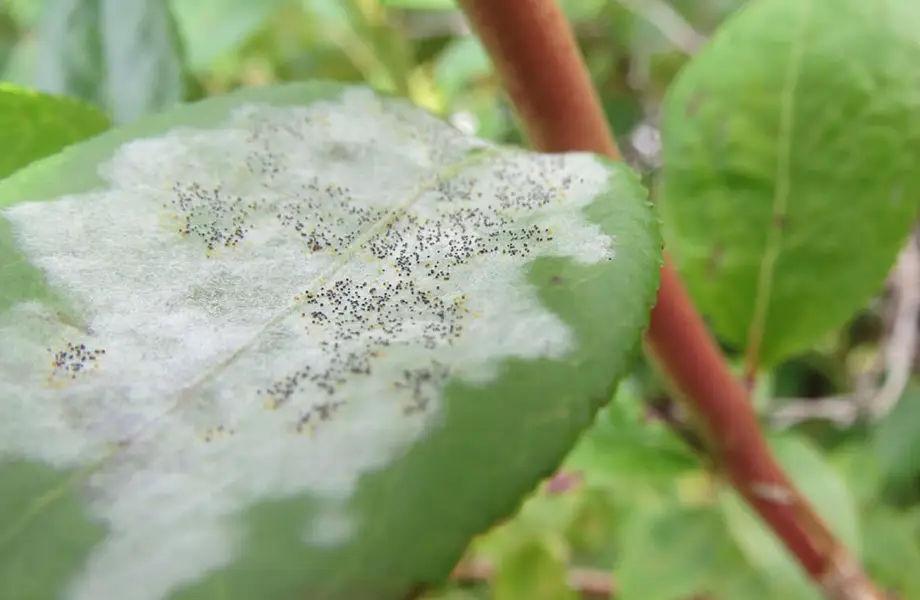USAL scientists seek biological solutions to Drosophila suzukii, an invasive fruit fly in red fruit crops. This insect was first found in Spain in 2008 and has devastating effects on agriculture.
Scientists at the University of Salamanca (USAL) are studying possible biological solutions to the invasive "Drosophila suzukii" fruit fly from Japan that is "widely spread."
This insect was first located in Spain in 2008, specifically in the area of Catalonia, and in the following years scientists discovered that this prolific dipteran, "with short life cycles and very fast reproduction," already had "a wide distribution in the Iberian Peninsula with devastating effects on agriculture."
In this context, the University of Salamanca opened its doors on Feb. 1 and 2, to the kick-off meeting of the project "Biological control of Drosophila suzukii using plants as volatile biofactories" (GreenSuzukii), which involves scientists from theInstitute of Agribusiness Research and Technology (IRTA), the Center for Research in Agricultural Genomics (CRAG) and the University of Salamanca (USAL).
The initiative is promoted by the Unit of Excellence in Agricultural Production and Environment "Agrienvironment" of the USAL's Institute for Research in Agrobiotechnology (CIALE) with the aim of "finding new solutions to the threat posed by the spotted wing fly Drosophila suzukii, an insect of Asian origin that causes severe damage to red fruits such as cherries, strawberries, raspberries or blueberries, " the researchers explained through the USAL's communication service, in a briefing sent to Europa Press.
According to the researchers, so far the fight against Drosophila suzukii has relied on the use of broad-spectrum insecticides. However, this way of fighting the pests "goes against the environmental policies promoted by the European Union, which favor the progressive reduction of pesticide use." "Althoughother solutions, such as mulching, have been tried, they are never 100 percent effective and new approaches are urgently needed," the same documentation states.

The new GreenSuzukii project is coordinated by IRTA and has received funding from the State Research Agency, through the 'Projects geared toward ecological and digital transition' call, with Next Generation funds from the European Union, "constituting an exceptional case in that it includes three different entities."
The research consortium therefore intends to investigate the possibility of controlling the invasive fly by biological methods, through volatile compounds and aromas generated by other plants. To this end, the initiative includes three subprojects related to the capabilities of each research center, which will be developed over the next two years.
Source: Blueberries Consulting
Blueberries Consulting is part of the global network of Italian Berry







